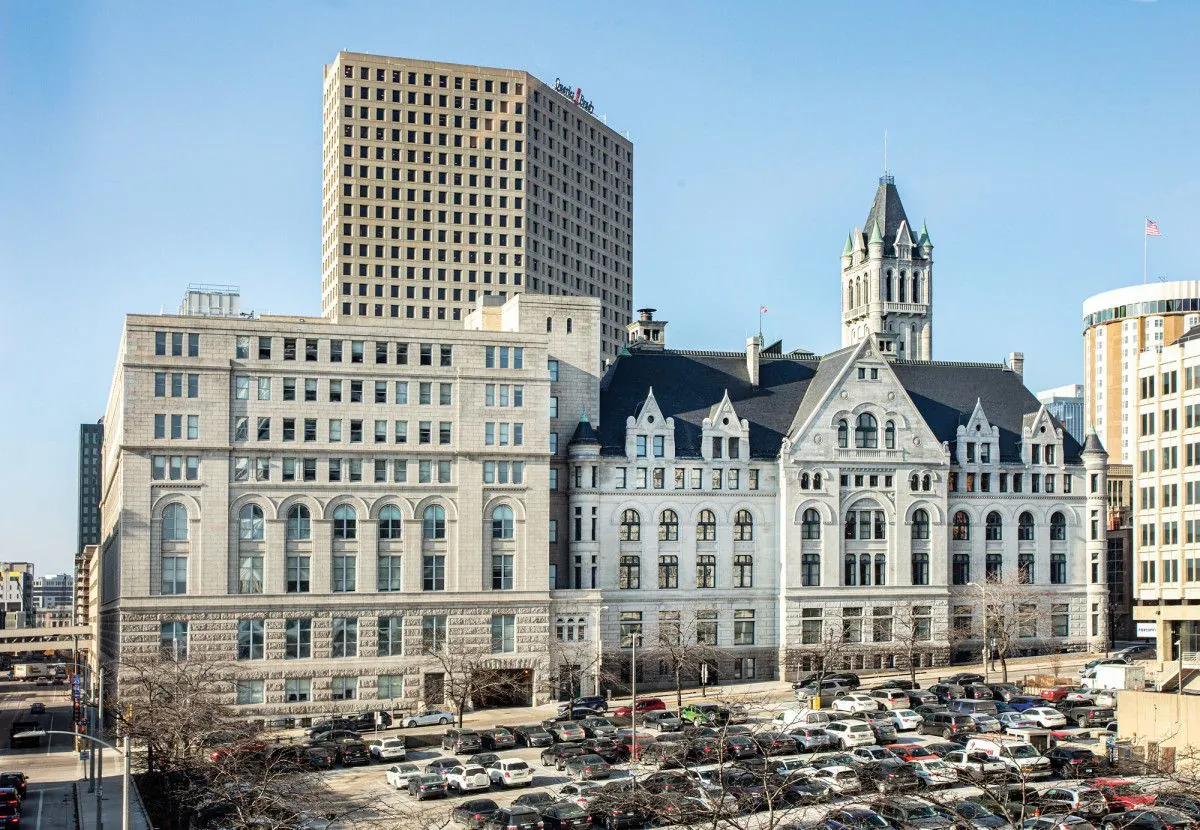A federal judge has permitted a lawsuit challenging mandatory membership in the Wisconsin State Bar to move forward. The case, centered on alleged violations of free speech rights, particularly regarding the use of dues for diversity initiatives, marks a significant development in the ongoing debate over compulsory bar associations.
Daniel Suhr, represented by the Wisconsin Institute for Law & Liberty (WILL), initiated the legal action. WILL, established in 2011, has taken on this case as part of its conservative legal advocacy efforts. The lawsuit contends that obligatory membership in a bar association that utilizes mandatory dues for diversity programs, which Suhr claims discriminate against white men, infringes upon his First Amendment rights.
U.S. Magistrate Stephen Dries denied the Wisconsin State Bar's motion to dismiss the case, allowing Suhr the opportunity to establish through discovery whether the bar is using mandatory dues to fund "non-germane" activities. This decision is particularly noteworthy as it touches upon the broader question of whether mandatory membership in bar associations engaging in political or ideological activities is lawful.
The Wisconsin State Bar, founded in 1878, currently boasts over 25,000 members. It operates under the oversight of the Wisconsin Supreme Court, which regulates the legal profession in the state. This case brings to the forefront the tension between professional regulation and individual rights, a debate that has been ongoing since the early 20th century when the concept of mandatory bar associations first emerged.
"No citizen should be forced to join and fund a group that advocates for causes with which he or she disagrees."
This lawsuit is not without precedent. In 1990, the U.S. Supreme Court ruled in Keller v. State Bar of California that mandatory bar associations may use dues to regulate the legal profession and improve the quality of legal services, but not for political or ideological initiatives. However, Suhr's suit goes beyond this ruling by questioning the very legality of mandatory bar associations.
The case has already led to some changes. In April 2024, a partial settlement was reached, resulting in modifications to the state bar's diversity fellowship program for law students. The program now allows all first-year students at Wisconsin's two law schools - the University of Wisconsin Law School and Marquette University Law School - to apply.
Suhr's amended complaint alleges that the state bar is using his membership dues to fund a leadership program that discriminates by prioritizing women and minority participants, along with other non-germane diversity efforts. This raises questions about the transparency of the opt-out process for funding non-germane activities and the proper categorization of these expenses.
The implications of this case extend beyond Wisconsin. More than half of U.S. states require lawyers to be members of their state bars and pay dues, including populous states like California, Florida, and Texas. As such, the outcome of this lawsuit could potentially influence similar challenges across the country.
As the case progresses, it will likely reignite discussions about the balance between professional regulation and individual rights, a cornerstone of the American legal system since the ratification of the First Amendment in 1791. The Wisconsin State Bar, through its president Ryan Billings, has expressed confidence that its activities and procedures are "constitutionally permissible," noting that similar legal challenges have been unsuccessful in the past.
This case serves as a reminder of the ongoing evolution of the legal profession and the complex interplay between professional obligations and constitutional rights. As it unfolds, it will undoubtedly contribute to the broader conversation about diversity, free speech, and the role of professional associations in modern society.
